Why Fiction Authors Should Read Nonfiction

Marc Schooley
The question put to us is why fiction authors should read deep-doctrine nonfiction. I merrily accepted the invitation to consider and discuss this dear-to-my-heart topic at Speculative Faith and thank my fellow six-pointer E. Stephen Burnett both for the opportunity and the engaging thesis.
Let’s modify our question a bit: I am only qualified to address Christian fiction authors, and even in that tangentially toward a Christian trajectory more so than to attempt inform the fiction author component of the phrase. I wouldn’t presume to offer anyone a roadmap to crafting fiction of any sort; it would only lead them to a kaleidoscope landscape where the paths all shifted underfoot and most of the red octagonal signs read go.
But that underscores the import of deep-doctrine nonfiction, doesn’t it, and why Stephen has seemingly attached a deontological epistemic duty to it—that all (Christian) fiction authors should read it? I think so. I agree with him, at the peril of inserting words in his mouth, that there’s a duty involved, one that’s mandated in Hebrews 5:12 to 6:1, for instance. In this, then, our first distinction appears: all Christian fiction authors should study deep doctrine because all Christians should study deep doctrine.
It’s simply a matter of Christians acting as their faith dictates. Christian fiction authors, as a subset of the larger set of Christians, ought to possess a firm grasp of the truths of the Christian faith, beginning with the perspicacious, necessary foundations and progressing to those things we as Christians often argue over.
With regard to fiction, and to offset the somewhat heavy-handedness of this post thus far, this habit, developed by the Christian author, will yield great benefits in fiction, especially as compared with watching Desperate Housewives or even reading Gone With the Wind. Here are some reasons I think this…
Truth is stranger than fiction/plot—we’ve all heard the cliché, but perhaps we could rephrase it as truth is more interesting than fiction. We as Christians hold certain truths as true. These truths will inform fiction in a manner more interesting than fiction itself, just as the cliché holds; they provide a framework that undergirds a fiction story, no matter the setting, plotting, or characterization, and provide a verisimilitude that endows a story with interest. Any world created by a Christian fiction author who studies deep-doctrine and consistently applies it would naturally have this feel. Though I disagree with its doctrine vociferously, in no small way was the success of the Left Behind series independent of this application of Christian doctrine into a Christian fiction.
Characterization—what’s more important to successful fiction than characterization, Christian or otherwise? Plot, of course, but that’s another post. (See how easy it is to rile the character-firsters in our midst? They are an emotional lot, after all. J) Regardless, imagine the inexhaustible wealth of characterization available to Christian writers within their own deep-doctrine! Let me, at the risk of shameful self-promotion, give some personal examples. In The Dark Man (attack helicopters!), Charles Graves is tormented by the sinful nature, a concept directly lifted from Christian doctrine, and all characters in the book are knowingly or unknowingly contrasted against it. Likewise, in Konig’s Fire, Sascha Konig confronts his sinful nature, and, as an academian, is tormented by the Problem of Evil:
If God is willing to prevent evil, but is not able to, then He is not omnipotent.
If He is able, but not willing, then He is malevolent.
If He is both able and willing, then whence cometh evil?
If He is neither able nor willing, then why call Him God?
Could you not find a novel’s worth of characterization in those lines? Or, in a current work-in-progress, I’ve begun to explore the lovely Vivian’s loneliness, alienation, and human fallenness and sin-separation against the backdrop of redemption, adoption, forgiveness, and love of God: all concepts derived directly from the study of deep doctrine.
There are billions of characters to be written around Christian doctrines and they apply so vividly and directly to us…because they derive from the truths of Christianity. If the truths of Christianity are true, and they are, what study could bring you closer to a character’s heart than Christian doctrine? What conflict, emotional involvement, or driving need could be closer to the human condition, and thus a reader’s heart, not too mention her own and most intimate thoughts and experiences?
Symbolism & Theme—get your symbolism and theme right here folks. By basing fiction upon deep doctrine—pick any one you want—the symbolism of any story will force its way into the text. You can’t even prevent it from doing so actually. In a sense, it will necessarily Pierce the Darkness or follow/guide John along his quest in A Pilgrim’s Regress.
Preventing/Combating Error—anyone read The Shack? ‘Nuff said. No, I retract that—the ‘nuff said part, anyway. The church is hemorrhaging in our day in part from a refusal on the part of Christians to study and profess sound doctrine. Now, I’m not suggesting that Christian fiction ought to be preachy and dull—it must entertain—otherwise, it would be a married bachelor of sorts, so to speak. Nor do I suggest that Christian authors insist on divisive points of doctrine—although they can be utilized well for humor. That’s the realm of the polemic and the theology text, not the pages of fiction. However, it’s not too much to ask that its authors be sound in their underlying doctrine, orthodox in their beliefs, and to construct their worlds accordingly. In fact, not only is it not too much to ask, based on our first distinction above, it’s required.
These are four good reasons, I believe, why a grasp of deep doctrine informs Christian fiction in a positive manner, and since many more exist, I’ll leave it as further discussion or thought how good doctrine may positively affect our writing. The most important reason, however, is still our first distinction. The Christian walk requires two legs: doctrine and application. The latter is the performance of the former, and the Christian will limp through this Christian life without both fully functioning members. It should be obvious what one needs to do to actually run the race that the Apostle Paul is so fond of mentioning in Holy Scripture.
Marc Schooley describes himself as “a Christian and a Texan … in that order.” While not working in the U.S. space program in Houston, loving his family or going to church, he enjoys studying theology, writing stories, and is completing a second Master’s degree. His first novel, The Dark Man, was published by Marcher Lord Press in spring 2009; his second novel, Konig’s Fire, also from Marcher Lord, released last month.

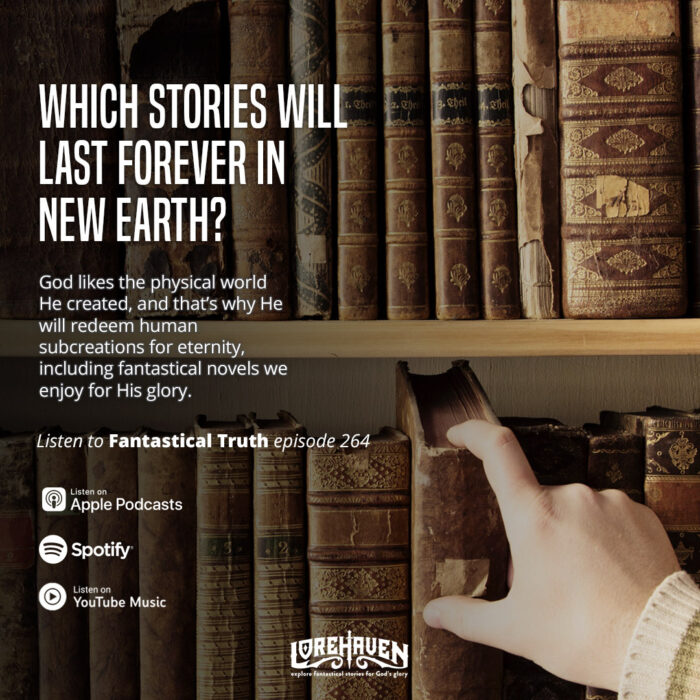
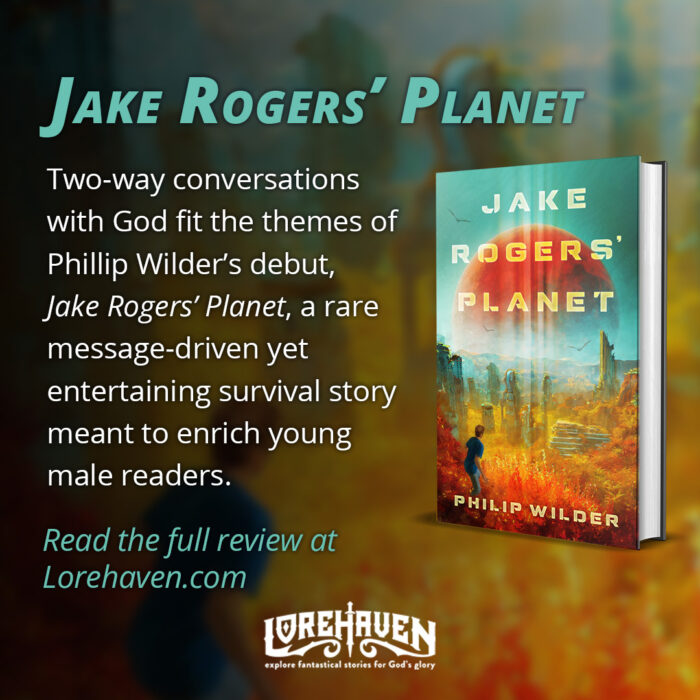
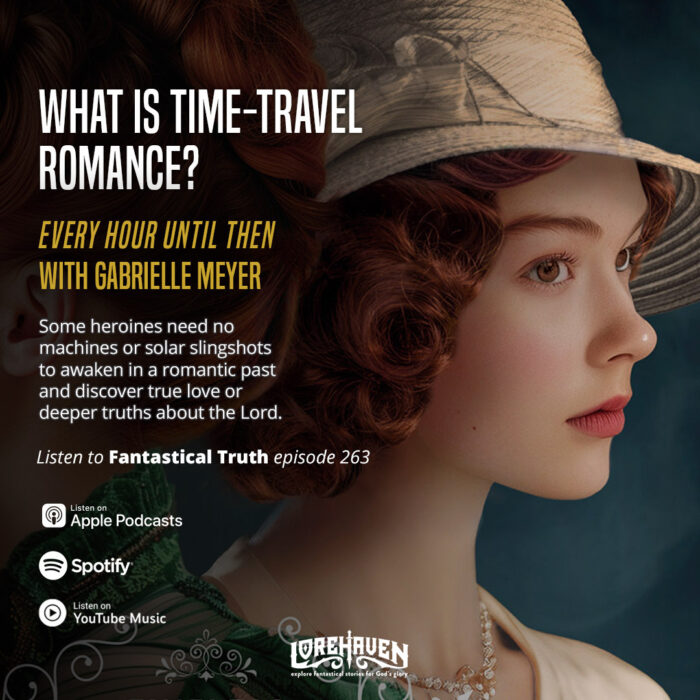














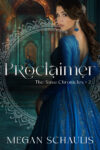
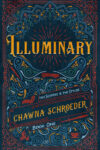

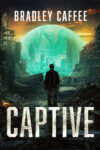





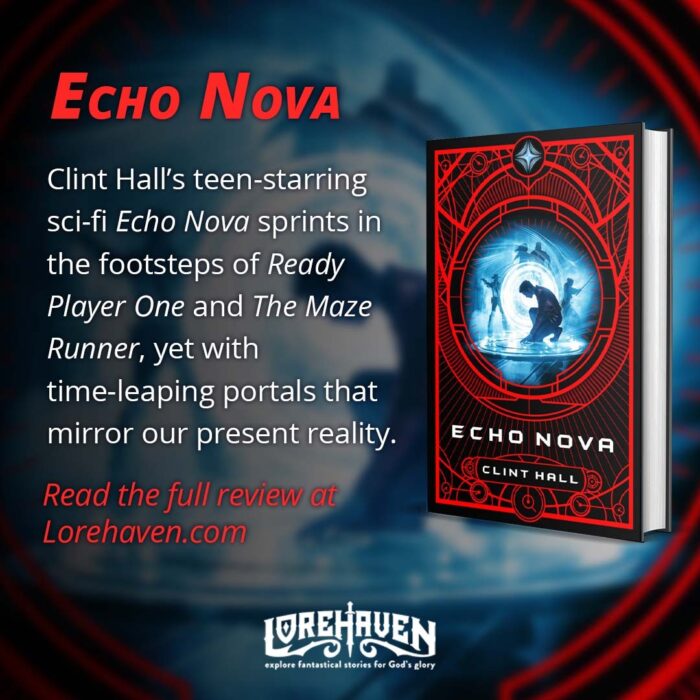
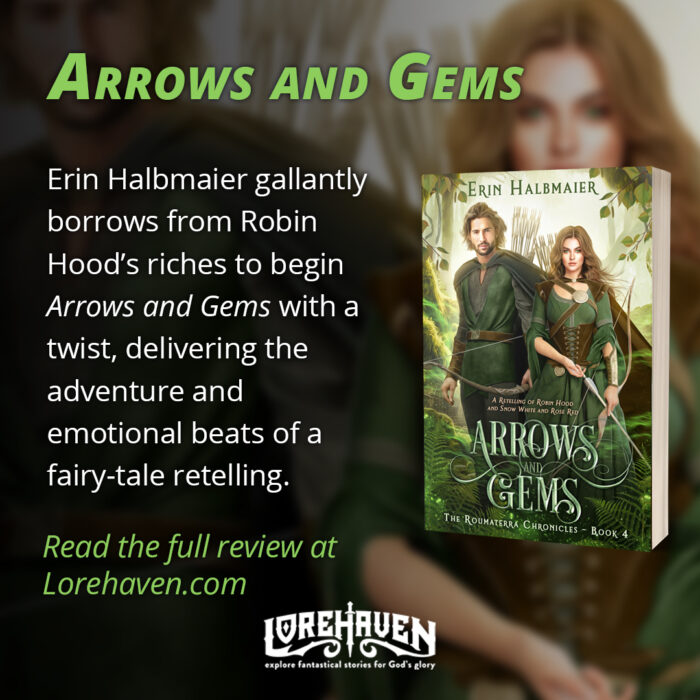
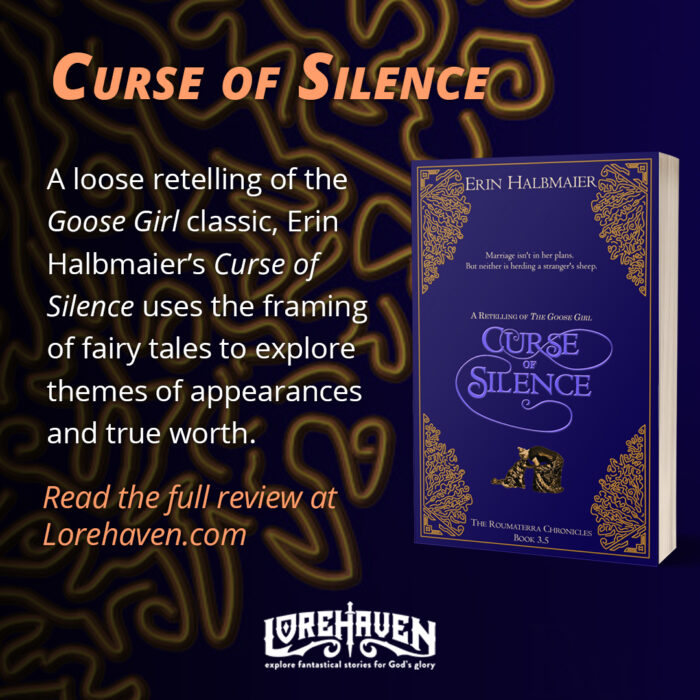
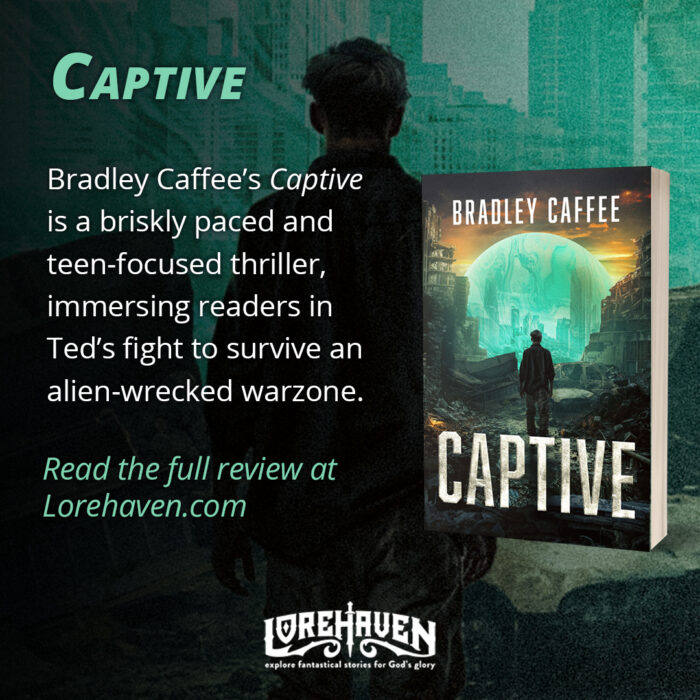






Great interview, you guys. But now my head hurts.
😉
I know, eh.
“deontological epistemic duty”
It’s a great phrase, really, especially considering we recently discussed the need to be specific in wording…
Here Jeff toss couple Tylenol for ya 😉
eh…
Now there’s specificity in wording 🙂
Right. As we Canardians have attempted to educate your Texan self, it has a very specific usage. You seem to be catching on, Honourary…
I totally agree. Right now I am reading CS Lewis “Reflections on the Psalms.” Next I plan to read Spurgeon. I also read history. There’s alot you could use in history to add to a world, a character, etc.
Right on, Nikole…I hope you find those as fruitful as I did.
Perhaps I need to add Reflections on the Psalms to my Christmas wish list this year. After all, it was one of the books that set a certain John Piper off in the direction of “Christian Hedonism” …
Currently I’m reading Politics According to the Bible by Wayne Grudem, also the author of Systematic Theology; meanwhile, with my wife, we’re reading Heaven is Not My Home by Paul Marshall. Both are not only wonderful for helping me grow in Biblical truth — having it condensed and “translated” in different ways — but for inspiring new forays into fiction. The latter adds onto both Piper’s Desiring God and Randy Alcorn’s wonderful book Heaven, which I first read four years ago, has helped me find even more delight in God now, enjoy the remnant goodness in His creation, and anticipate the physical Kingdom to come — and transformed my fiction-writing.
Do you think we should tell Jeff it wasn’t an interview? 😉
Marc, I enjoyed your thoughts and agree that Christian authors should be reading non-fiction AS WELL AS fiction. However, I would say that when it comes to the deep doctrine you referred to, it is more important that we read the Bible. All Scripture is profitable for doctrine, as well as for reproof, correction, and instruction in righteousness, so that should be our primary source. Maybe in your thinking that was a given, but sadly, I think more and more we have to drive this point home.
Becky
Hey Rebecca,
Without a doubt I took that as a given; thanks for making the distinction clear that the Bible is our sole and final authority for the faith. I’m a sola scriptura adherent, and I agree that the point is quite often lost or ignored these days. Nevertheless, I think that a healthy dose of logic and hermeneutical study, not to mention the iron of other Christians, greatly enhances what we can glean from Scripture, as well as keeping us from error.
I think the word Doctrine can scare people away 🙂 But the way I look at doctrine (theology) is getting to know God more. After all, what kind of relationship do we have if we are stagnant in getting to know the one we are in a relationship with?
Example: when we fall in love with someone or want to get to know someone more, what do we do? We learn everything we can about them. We find out their favorite food, color, movie. We watch them intently. We want to know everything about them.
That is how I view doctrine. I want to know God more. I want to know why God said this or that. I want to understand how and why God is involved in my life. I want to know how God holds everything together.
That’s doctrine. The deeper understanding of God and his Word. And by studying doctrine, my understanding of God will seep into my own fictional work. Sometimes I even find I work out my own questions by posing them through my work.
Well said. Why is it that the word doctrine scares some away?
Hey Marc! I think its because its a big word that makes people (especially people of my generation… X) think of radical, way out there Christians rather than thinking of what the word really means. Great post!
Hey Morgan,
GENX here as well…perhaps one of its senior members, but nevertheless firmly ensconced between the “crybaby boomers” and the “Generation Y-ners” 🙂
Radical, indeed, because it seems to me we’ve been indoctrinated to believe that all opinions are equally valid, that no one should be forced to feel wrong, that such things aren’t discussed in the public square, that truth is relative or perception/pragmatically dependent, and on and on. Not that I have any strong opinion one way or the other!
yes, yes, yes, this is all well and good, but what, pray tell, is a six-pointer?
This may seem a bit like jargon, but in addition to a certain Scripture-derived theology that happens to contain five points (formal Arminianism got there first, and “Calvinism” responded to their five points), there is a “sixth point”: that because God works all things primarily for His Name’s sake and for His glory, this universe, out of all the possible universes that could possibly exist, is the “best of all possible worlds.” However, we should follow that up with the fact that so far this world is the best of all possible worlds — the best and most glorious way, sin and all, that God could work up until the truly best of all possible worlds: the redeemed New Heavens and New Earth.
Well put, and of course, the concept entails such things as possible worlds that contain creatures who act freely and wherein the most goodness is produced with the least amount of evil, among other considerations. This would serve to differentiate from possible worlds where all creatures do only good, all of the time, continually…in a sense, an antithesis of Gen 6:5.
Excellent post, Ray, and I agree with you completely. However, unless I overlooked it, you omitted the obvious reason: Nonfiction is better than fiction. 🙂
Any author who who recognizes The Shack‘s false doctrine is okay in my book. I’ve also stopped reading authors who praised it. I’ll be ordering The Dark Man.
[…] as Marc Schooley reminded us, imagine all the new ideas for fiction we find in nonfiction? There are billions of characters to […]